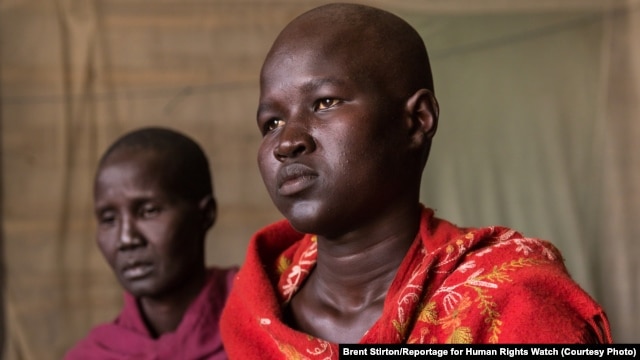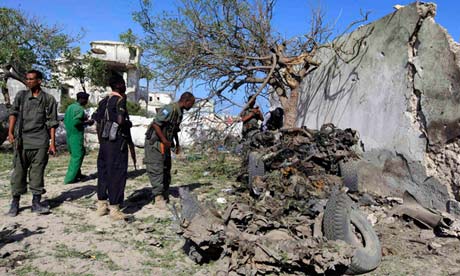By Ryan Aliman
Impunity Watch Reporter, Africa
JUBA, South Sudan – On Tuesday, Human Rights Watch (HRW) released a report urging the South Sudanese government to increase efforts to protect girls from child marriage.

In the 95-page report, “‘This Old Man Can Feed Us, You Will Marry Him:’ Child and Forced Marriage in South Sudan,” the human rights group reveal that almost half of South Sudanese girls between 15 and 19 are married, with some marrying as young as age 12. Most of these girls are married off by their families against their will. This practice, according to HRW, “exacerbates South Sudan’s pronounced gender gaps in school enrollment, contributes to soaring maternal mortality rates, and violates the right of girls to be free from violence, and to marry only when they are able and willing to give their free consent.”
One girl among the 87 who were interviewed told HRW that her relatives pressured her to marry in exchange for the dowry. “I refused him but they beat me badly and took me by force to him. The man forced me to have sex with him so I had to stay there,” she said as she recalled her experience.
When asked why they did not ask for help, most of the girls replied that they did not know that they had the right to do so. The other girls added that if they resisted from being married off, they would “suffer brutal consequences at the hands of their families – including verbal abuse and physical assault, and sometimes even murder.”
“Girls who have the courage to refuse early marriages are in dire need of protection, support, and education,” said Liesl Gerntholtz, HRW women’s rights director. “The South Sudan government must make sure that there is a coordinated government response to cases of child marriage and more training for police and prosecutors on the right of girls to protection.”
The HRW report suggested some courses of action the government can take such as: setting 18 as the minimum age for marriage; ratifying the Convention on the Elimination of all Forms of Discrimination Against Women (CEDAW), the Convention on the Rights and Welfare of the Child (CRC), and other human rights treaties; and passing comprehensive family legislation on marriage, separation, and divorce.
“The global problem of child marriage strips women and girls of their livelihoods and creates a high risk of violence,” Gerntholtz pointed out. “South Sudan’s government must make good on its pledges of gender equality by putting human rights of women and girls at the heart of its development agenda,” she added.
For further information, please see:
All Africa – South Sudan: End Widespread Child Marriage – Government Should Protect and Support Girls Who Refuse Forced Marriage – 7 March 2013
Oye! Times – Human Right Watch Report Calls For An End To Child Marriage – 7 March 2013
Sudan Tribe – South Sudan: End widespread child marriage – 7 March 2013
Voice of America – End Child Marriage, Rights Group Tells South Sudan – 7 March 2013


